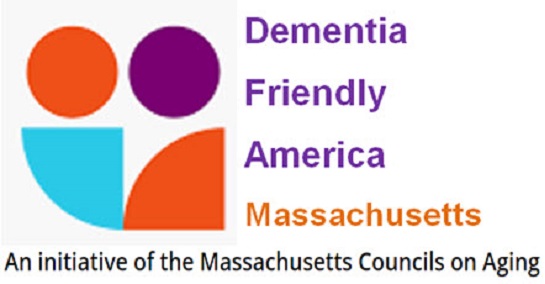A Renewed Focus on Dementia Care in Massachusetts
Healthcare groups around the state, including MHA, are redoubling their efforts to address dementia care.
Chapter 228 of the Acts of 2014 created a dementia care advisory committee to, among other things, “craft a strategy to address dementia-capable care in all acute care settings in the commonwealth.” Two MHA-nominated representatives served on that committee, which began meeting in December 2016. And MHA conducted a membership survey to help understand the specific type of dementia-related care provided within emergency departments and inpatient units.
Concurrently, the Dementia Friendly Massachusetts Initiative began to coalesce after a leadership summit in May 2016. The goal has been to create dementia friendly communities that engage all sectors of a community to create safe and respectful places for people living with dementia. Dementia Friendly Massachusetts Initiative is co-convened by the Executive Office of Elder Affairs and Jewish Family & Children’s Service and is supported by the Tufts Health Plan Foundation. MHA has participated in stakeholder meetings of the group.
In addition, MHA has met with the Alzheimer’s Association to be introduced to its Dementia Care Coordination Program and to its array of resources available to care providers and to the public. In the coming months MHA will be convening its own work group to gather member expertise on the issue, develop best practices for hospitals to follow, and recommend strategies to implement the advisory committee recommendations.
“While the medical component of fighting Alzheimer’s and dementia continues, there’s another struggle occurring to ensure patients and their families are treated with dignity – not only within a hospital’s walls but throughout the care continuum and throughout the community,” said Pat Noga, R.N., FAAN, MHA’s VP of clinical affairs. “MHA is involved with the many committed organizations who are attempting to change the way we are collectively coping with a very challenging healthcare issue affecting more than 120,000 Massachusetts residents.”
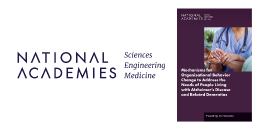
New National Academies Report:
Mechanisms for Organizational Behavior ChangeThe National Academies has released a new report, Mechanisms for Organizational Behavior Change to Address the Needs of People Living with Alzheimer's Disease and Related Dementias.
»Full Article
WEBINAR: Exploring Age and Dementia Friendly Design for Our Built Environment
The program's recording and materials are available for healthcare providers.
»Full Article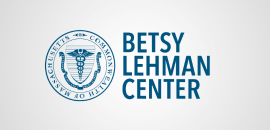
Read the Story: Hospitals align care with new state requirements for patients with dementia
The unique safety and care needs of geriatric patients are receiving increased attention in hospitals, due in part to new state requirements for identifying patients with dementia and optimizing their care.
»Full Article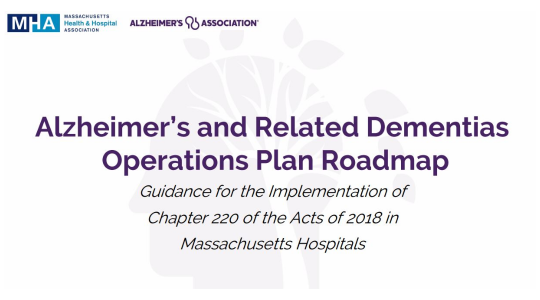
Alzheimer’s & Related Dementias: An Operations Plan Roadmap (+ webinar!)
In September 2022, MHA and the Alzheimer’s Association introduced a roadmap to assist Massachusetts healthcare providers in preparing for the implementation of a state-mandated operational plan for Alzheimer’s and related dementias. The state’s Alzheimer’s and Related Dementias Acute Care Advisory Committee – established by the legislature – in 2017 issued a report of recommendatio...» Full Article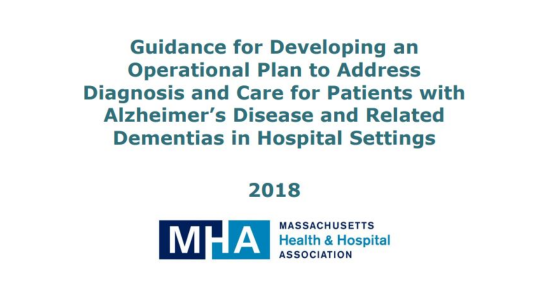
Caring for Patients with Alzheimer’s Disease & Related Dementias
In June 2017, the state’s Alzheimer’s and Related Dementias Acute Care Advisory Committee issued its final report with a goal of outlining strategies to provide optimal care to persons with dementia in acute care settings. Following the issuance of the state report, MHA convened its own workgroup consisting of clinical and operational experts from its membership, as well as representatives...» Full Article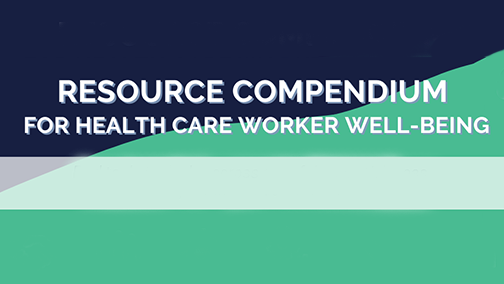
NAM launches AHA-supported resource compendium for health care worker well-being
The National Academy of Medicine today launched Resource Compendium for Health Care Worker Well-Being, which highlights tools that are ready to be deployed and strategies to address systems issues related to health care workers’ burnout. The compendium, which is a product of the Action Collaborative on Clinician Well-Being and Resilience, of which AHA is a participant, organizes resources into ...» Full Article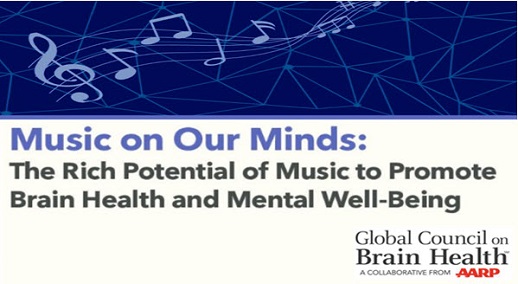
Music on Our Minds: The Rich Potential of Music to Promote Brain Health and Mental Well-Being
The Global Council on Brain Health (GCBH) is an independent collaborative of scientists, health professionals, scholars, and policy experts from around the world who are working in areas of brain health related to human cognition. The GCBH focuses on brain health relating to people’s ability to think and reason as they age, including aspects of memory, perception and judgment. AARP convened the...» Full Article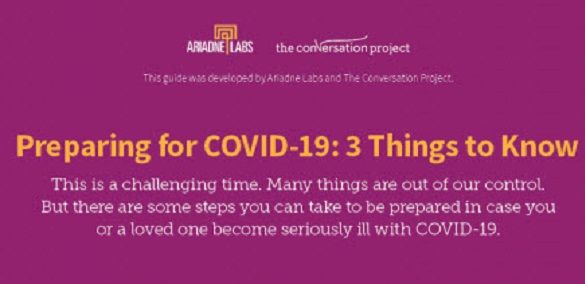
Being Prepared in the Time of COVID-19
With generous support from the Cambia Health Foundation, Ariadne Labs and The Conversation Project have developed a patient-facing guide on Being Prepared in the Time of COVID-19. This tool can help people take action and be prepared for the pandemic. Read more... ...» Full Article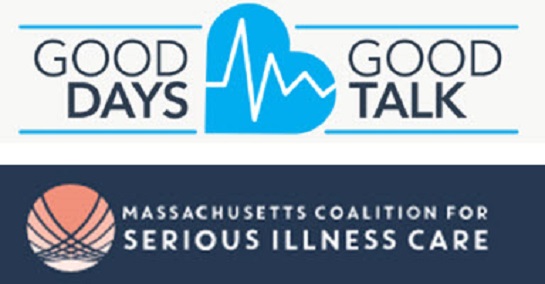
MA Coalition for Serious Illness Care – Good Talk Campaign
Based on the Coalition’s public messaging research, we have developed the Good Talk Toolkit to be a resource that supplements your organization’s capacity to build awareness and understanding for advance care planning. The messaging and campaign included here are intended to shift the frame of advance care planning away from end of life and life-sustaining treatment choices towards goals of c...» Full Article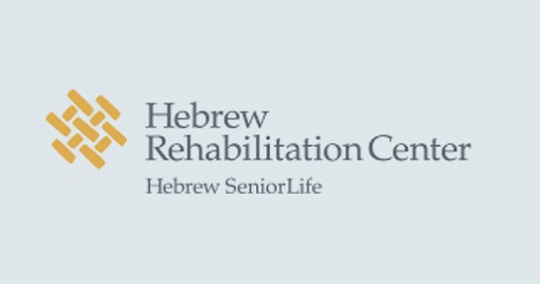
Hebrew SeniorLife & Brown to Lead National Alzheimer’s Project
Hebrew SeniorLife and Brown University have received a five-year $53.4 million grant from the National Institute on Aging (NIA) to lead a comprehensive, nationwide effort to address Alzheimer’s disease and related dementias. NIA is a division of the National Institutes for Health. The funding will support the creation of a research incubator or “collaboratory”, bringing together 30...» Full Article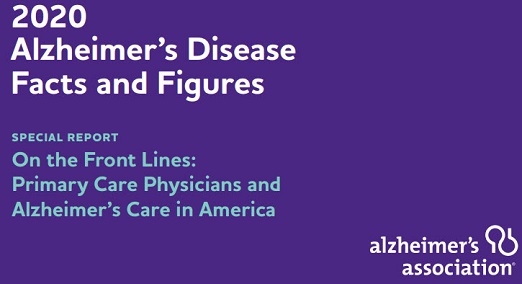
2020 Report Alzheimer’s Disease Facts & Figures
Read mor About this report 2020 Alzheimer’s Disease Facts and Figures is a statistical resource for U.S. data related to Alzheimer’s disease, the most common cause of dementia. Background and context for interpretation of the data are contained in the Overview. Additional sections address prevalence, mortality and morbidity, caregiving, and use and costs of health care and services. A S...» Full Article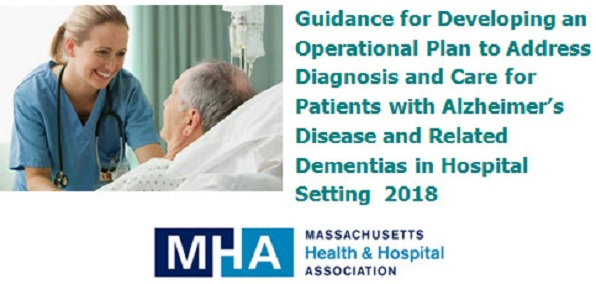
Caring for Patients with Alzheimer’s Disease & Related Dementias
In June 2017, the state's Alzheimer's and Related Dementias Acute Care Advisory Committee issued its final report with a goal of outlining strategies to provide optimal care to persons with dementia in acute care settings. Following the issuance of the state report, MHA convened its own workgroup consisting of clinical and operational experts from its membership, as well as representatives of the...» Full Article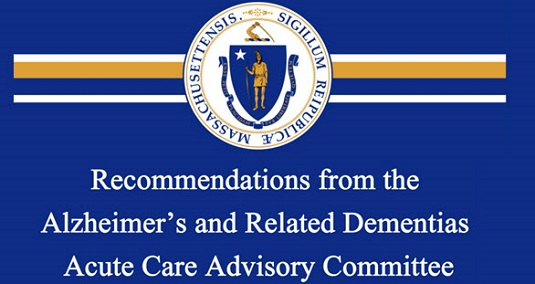
New Report Helps Hospitals Improve Care for Dementia Patients
The Commonwealth’s Alzheimer’s and Related Dementias Acute Care Advisory Committee (ARDAC) explored challenges and opportunities to provide optimal care for those with dementia who are in acute care settings. The committee presented options for hospitals to improve both the care and experience for patients and caregivers. Our goals are to: Identify and communicate the challenges and opport...» Full Article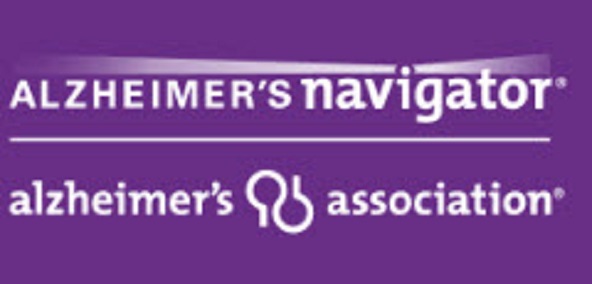
Map Out a Plan to Approach Alzheimer’s
When facing Alzheimer's disease, there are a lot of things to consider. Alzheimer's Navigator helps guide Caregivers to answers by creating a personalized action plan and linking you to information, support and local resources A diagnosis of Alzheimer's disease raises many questions. The Alzheimer's Navigator — a free online tool designed specifically for individuals with Alzheimer's disease ...» Full Article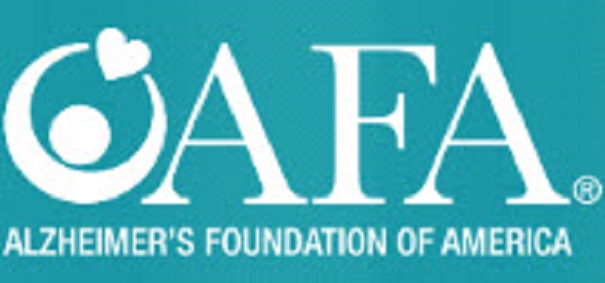
The Alzheimer’s Foundation of America’s (AFA)
The Alzheimer’s Foundation of America’s (AFA) mission is to provide optimal care and services to individuals living with Alzheimer’s disease and related illnesses and to their families and caregivers. AFA was founded in 2002 by Bert E. Brodsky, whose mother lived with Alzheimer’s disease from 1980-1992. At that time, there was little information available and nowhere to turn for support...» Full Article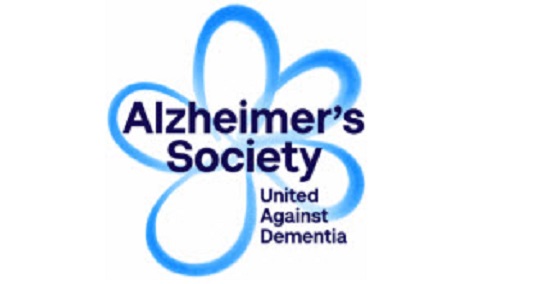
Alzheimer’s Society United Against Dementia
Dementia Friendly Communities is a program which facilitates the creation of dementia-friendly communities across the UK. Everyone, from governments and health boards to the local corner shop and hairdresser, share part of the responsibility for ensuring that people with dementia feel understood, valued and able to contribute to their community. Read more......» Full Article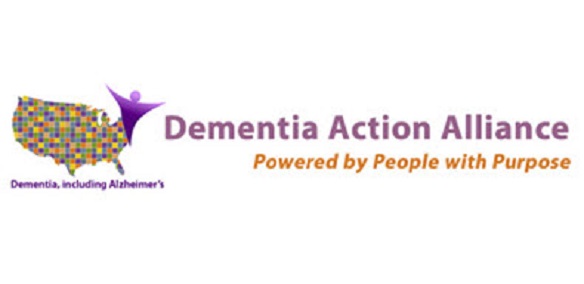
Dementia Action Alliance (DAA)
The DAA is Where people come together to exchange ideas, form friendhsips and professional connections, and change lives to create a getter workd in which to live with dementia. Read more......» Full Article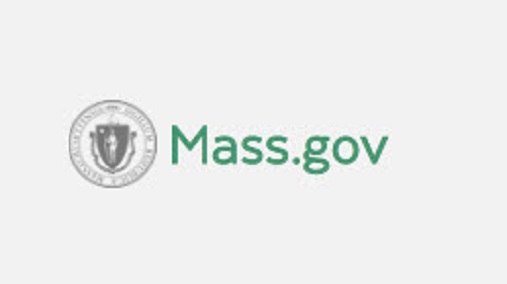
Dementia Friendly Massachusetts
Dementia Friendly Massachusetts is a grassroots movement to make communities safe, inclusive and respectful for persons with Alzheimer’s disease, or a related dementia. Dementia Friendly Massachusetts is a grassroots movement to make our state “dementia friendly." In dementia friendly communities, people with dementia feel safe and supported. There are many ways you can help. Read more.....» Full Article
AHRQ’s Effective Health Care Program – Interventions – Dementia Executive Summary
Interventions To Prevent Age-Related Cognitive Decline, Mild Cognitive Impairment, and Clinical Alzheimer’s-Type Dementia - Executive Summary Key Messages: Most interventions showed no evidence of benefit to delay or prevent age-related cognitive decline, MCI, and/or CATD. Some forms of cognitive training improve the performance of the specific target of training for adults with no...» Full Article
Dementia Friendly Massachusetts Initiative – Statement of Values
As more individuals and organizations recognize the need to make our communities work better for the growing number of people living with Alzheimer’s or a related disorder, and their families and friends (“care partners”), it is helpful to define what it means to work toward becoming a “dementia-friendly” community. Read more... ...» Full Article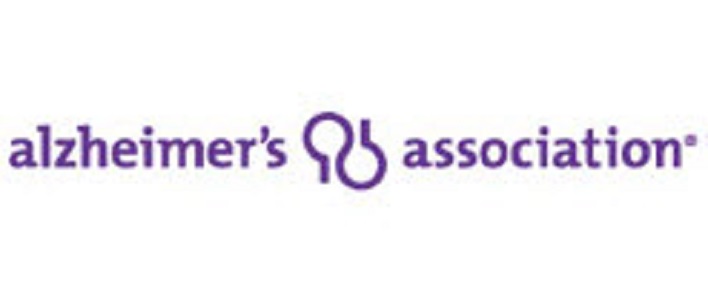
Alzheimer’s Association’s Alzheimer’s Disease Facts & Figures
2022 Alzheimer’s Disease Facts and Figures is a statistical resource for U.S. data related to Alzheimer’s disease, the most common cause of dementia. Background and context for interpretation of the data are contained in the overview. Additional sections address prevalence, mortality and morbidity, caregiving, and use and costs of health care, long-term care and hospice. The Special Report exa...» Full Article
ALZConnected – A Place to Share Concerns & Get Advice
ALZConnected® , powered by the Alzheimer's Association®, is a free online community for everyone affected by Alzheimer's or another dementia, including: People with the disease Caregivers Family members Friends Individuals who have lost someone to Alzheimer's ...» Full Article
Care Guides for Families of People with Alzheimer’s disease
The Alzheimer's Association, Massachusetts/New Hampshire Chapter has an array of resources for families and individuals at each stage of Alzheimer's disease. These comprehensive guides allow families to address the specific issues they are currently experiencing. If you are not sure which guide is best for you, please call our 24/7 Helpline 800.272.3900....» Full Article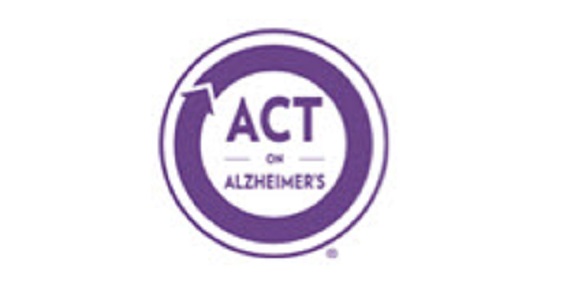
Act on Alzheimer’s
Many resources from 2017 Action Communities Learning Summit can be found here....» Full Article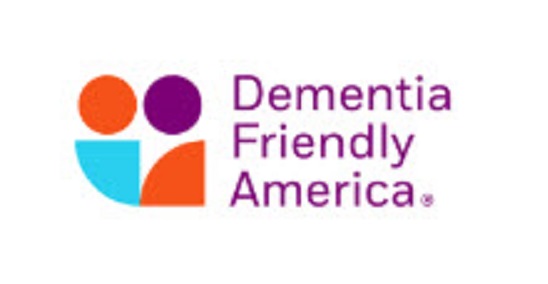
Dementia Friendly America
Through the work of over 35 national, leading organizations, the Dementia Friendly America initiative is catalyzing a movement to more effectively support and serve those across America who are living with dementia and their family and friend care partners. The lead organizations represent all sectors of community and are collectively leveraging their national reach to activate their local affili...» Full Article
Dementia Friendly Massachusetts Initiative
An estimated 5.4 million people in the United States and more than 120,000 Massachusetts residents are living with dementia, which is a general term for changes in thinking such as memory loss and difficulty planning and communicating. Dementia may be caused by Alzheimer’s disease or other conditions. Despite the widespread impact of dementia, lack of information, fear, and stigma can preven...» Full Article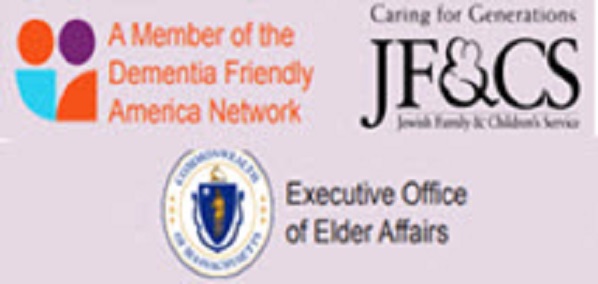
Dementia Friendly Massachusetts Initiative May 9 2016 Leadership Summit – Summary Report
On May 9, 2016, leaders from 84 organizations and companies from across Massachusetts met at Tufts Health Plan Foundation in Watertown to share ideas and learn from national leaders about pathways by which Massachusetts communities can become more “dementia friendly.” Key to this effort is recognizing and building upon work that is already underway, both existing dementia friendly initiatives ...» Full ArticleTranslate »

